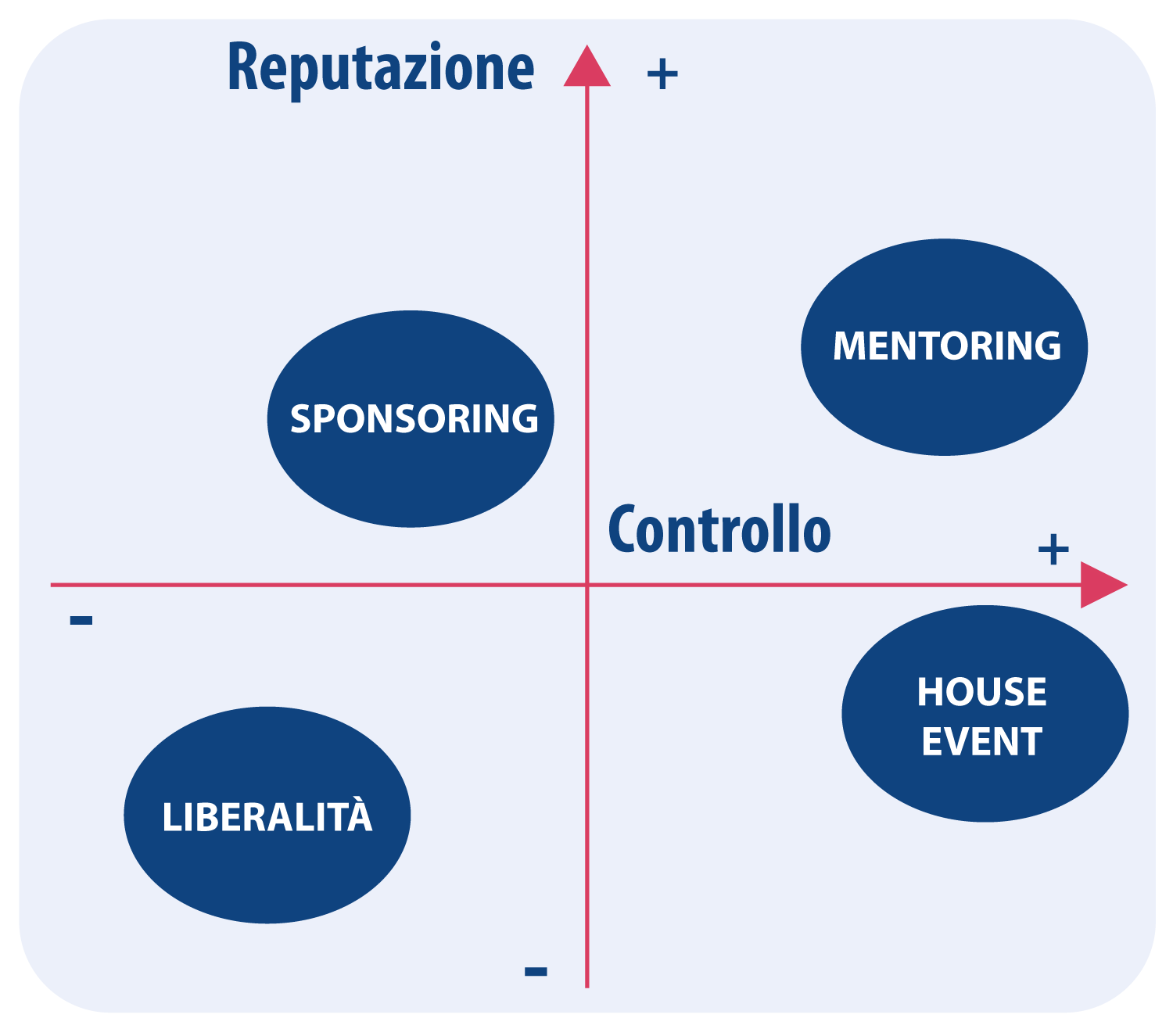
In the Odyssey, Homer tells how Odysseus, before leaving for the Trojan War, had entrusted little Telemachus as a Mentor to watch over his growth. Thus, par excellence, the term mentor has assumed in today’s language the meaning of model, inspiration, support, a figure that is moved by a fatherly feeling, knows how to support with discretion, but decisively, their protege in their path of growth and inner and intellectual improvement.
In light of Web 3.0 and the deep level of connection of modern society, the role of the mentor takes on a new, broader meaning, namely that of active supporter and catalyst of artistic and educational offerings presented by cultural workers.
The Mentoring Mentor has the opportunity to assist and support a young person, a student, or a person at a disadvantage in their growth in art and training, exercising direct and personal control over the outcome of their support activity. Moreover, since Mentoring takes place within a community (a digital reflection of the productive, social, and institutional fabric of the reference territory), the social and image performance is also elevated.
As this is an initiative aimed at establishing a new mode of support for art and culture, the economic market to which Mentoring intends to turn is to businesses. In this market, Mentoring aims to propose itself as an image promotion agency, thus falling within the framework of the tertiary sector of business support.
The competitive analysis compares such proposal with the analogous current offers to the market on the Cartesian plan that sees in abscissa the control on the outcome (the precise assessment of the impact that the economic contribution of the enterprise to the cultural-artistic initiative has had on the initiative itself) and in orderly reputation (i.e., the public return of image).
These priorities clearly highlight the strengths and weaknesses of the various market proposals.
In particular, the control of the outcome is now the most critical factor that companies perceive concerning cultural support activities: the fact that it does not know exactly how the contributions that the company has made have been used and how many people have been reached directly or indirectly by the cultural initiative is not a stimulus to the impetus of businesses towards such initiatives.
Donations that result in a low public reputation and outcome control
Organization of corporate events that offer high control over the outcome, but a low public reputation

Funding of cultural initiatives resulting in a high public reputation but a low control over the outcome
Funding of cultural initiatives resulting in a high public reputation but a low control over the outcome